Research Overview
-
 Abnormal Cognition, Behavior
Abnormal Cognition, Behavior
-
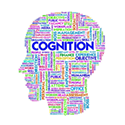 Cognition, Behavior
Cognition, Behavior -
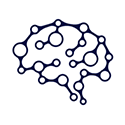 Network System
Network System -
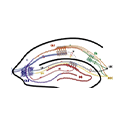 Neural Circuit
Neural Circuit -
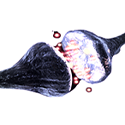 Synapse
Synapse -
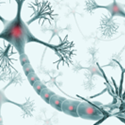 Neuron
Neuron -
 Gene
Gene
-
 Ki Woong Kim Full ProfessorAbnormal Brain & Cognition
Ki Woong Kim Full ProfessorAbnormal Brain & CognitionResearch on mechanisms of cognitive impairment due to brain diseases such as dementia and on prevention/treatment methods; fMRI, EEG.; fMRI, EEG
-
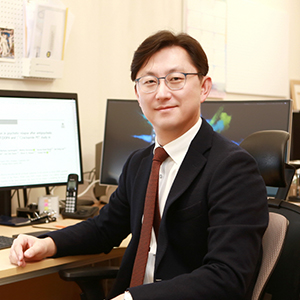 Euitae Kim Full ProfessorAbnormal Brain & Cognition
Euitae Kim Full ProfessorAbnormal Brain & CognitionResearch on the pathology and brain-cognitive mechanisms of mental disorders (schizophrenia, psychosis) and treatment methods; PET.
-
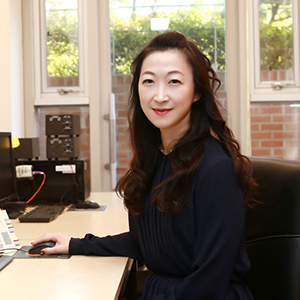 Sang Ah Lee Associate ProfessorCognitive Networks & Systems
Sang Ah Lee Associate ProfessorCognitive Networks & SystemsUnderstanding the brain-cognitive mechanisms and developmental processes of learning and memory; fMRI, EEG.
-
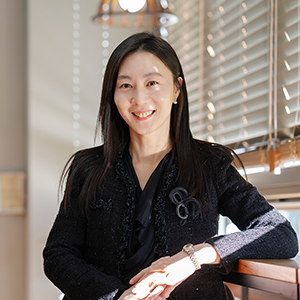 Hyeon-Ae Jeon Associate ProfessorCognitive Networks & Systems
Hyeon-Ae Jeon Associate ProfessorCognitive Networks & SystemsUnderstanding the neuroscientific mechanisms of human language and high-level cognition; fMRI, TMS, Modeling
-
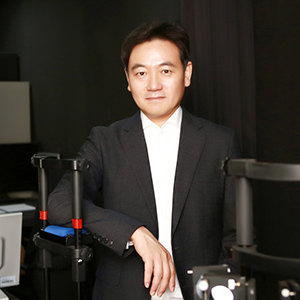 Sang-Hun Lee Full ProfessorCognitive Networks & Systems
Sang-Hun Lee Full ProfessorCognitive Networks & SystemsUnderstanding the brain-cognitive mechanisms of perceptual decision-making and developing models; fMRI, Modeling.
-
 Inah Lee Full ProfessorCognitive Neural Circuits
Inah Lee Full ProfessorCognitive Neural CircuitsUnderstanding the brain-cognitive mechanisms of episodic and spatial memory and developing modulation techniques; VR tasks, electrophysiology.
-
 Hyung Jin Choi Full ProfessorCognitive Neural Circuits
Hyung Jin Choi Full ProfessorCognitive Neural CircuitsUnderstanding the brain-cognitive mechanisms of eating behavior and addiction; neurobiology, electrophysiology, imaging, optogenetics.
-
 Jeehyun Kwag Full ProfessorCognitive Neural Circuits
Jeehyun Kwag Full ProfessorCognitive Neural CircuitsUnderstanding cognition and behavior at the celluar/circuit level; electrophysiology, optogenetics, imaging, computational neuroscience. Understanding cognition and behavior at the neural cell/circuit level; electrophysiology, optogenetics, imaging, computational neuroscience.
-
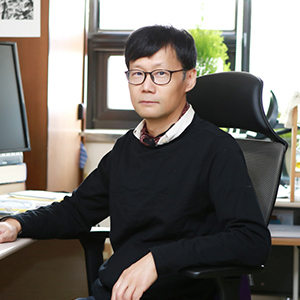 Suk-Ho Lee Full ProfessorCognitive Neural Circuits
Suk-Ho Lee Full ProfessorCognitive Neural CircuitsUnderstanding the mechanisms of learning and memory based on synaptic plasticity in neural circuits; electrophysiology, modeling.

